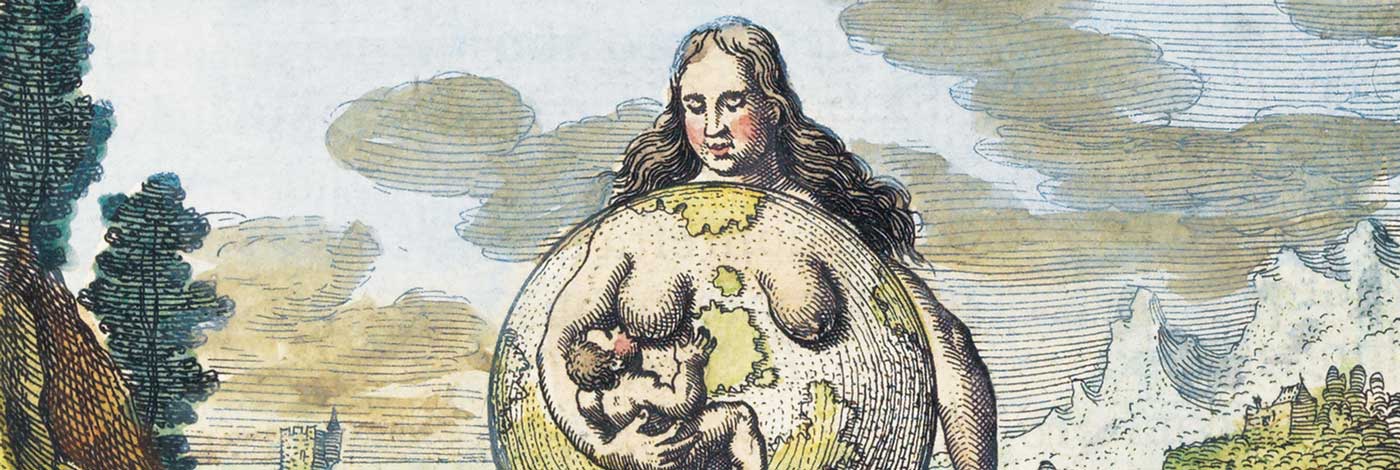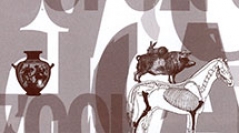

 Anthropozoologica
45 (1) - Pages 59-66
Anthropozoologica
45 (1) - Pages 59-66Within the framework of a study about the consumption of halal foodstuff among a Moroccan, more specifically Berber population settled at Hombourg-Haut, in the department of Moselle, we had a closer look to the changes which occurred in their food practice since they arrived in France, that is in the early seventies, when they went to work in the coal basin of Lorraine. The scope is not to find out whether the cuisine of these Berber immigrants was « modernized » or not, but to have a closer look at a few poles around which the identity of these groups is built up in different aspects. The Berber pole bears the native identity of the group . The meals of these Berbers were mainly vegetarian by necessity rather than taste. The daily meal was made of a cereal porridge, which could be served with some vegetables. For our informants, meat was scarce as it was expensive. They mention no more than« a few times per year ». Meat was a celebration food and was not a daily consumption. As far as halal is concerned, this concept was a matter of tradition, without a practical meaning in Berber culture . It is interesting to note that halal today comes out of a concept which the second and third generation imagined to rule and code a meat consumption which initially was scarce and exceptional.
Halal, meat, identity, Berber, consumption, norm, tradition, Islam.